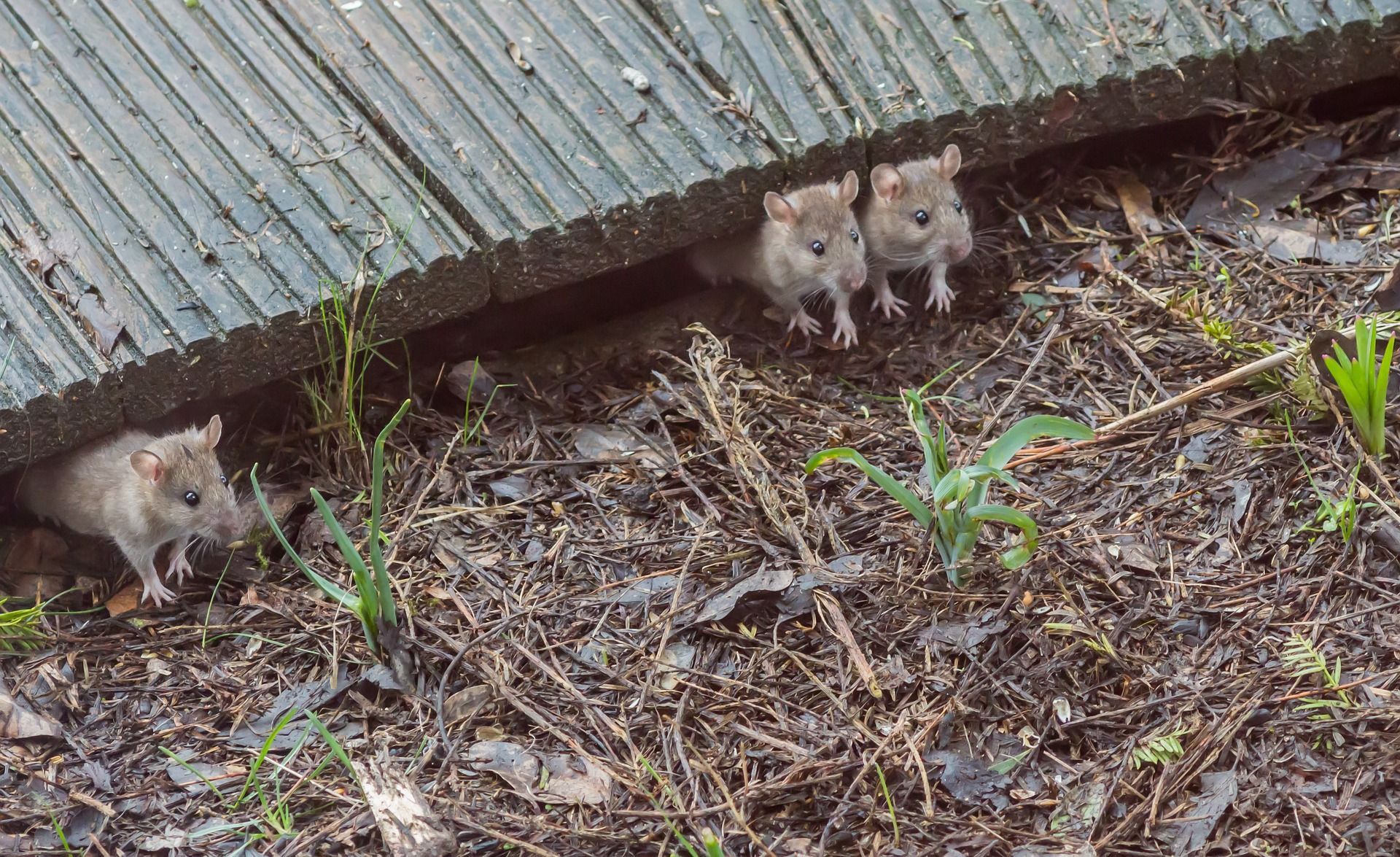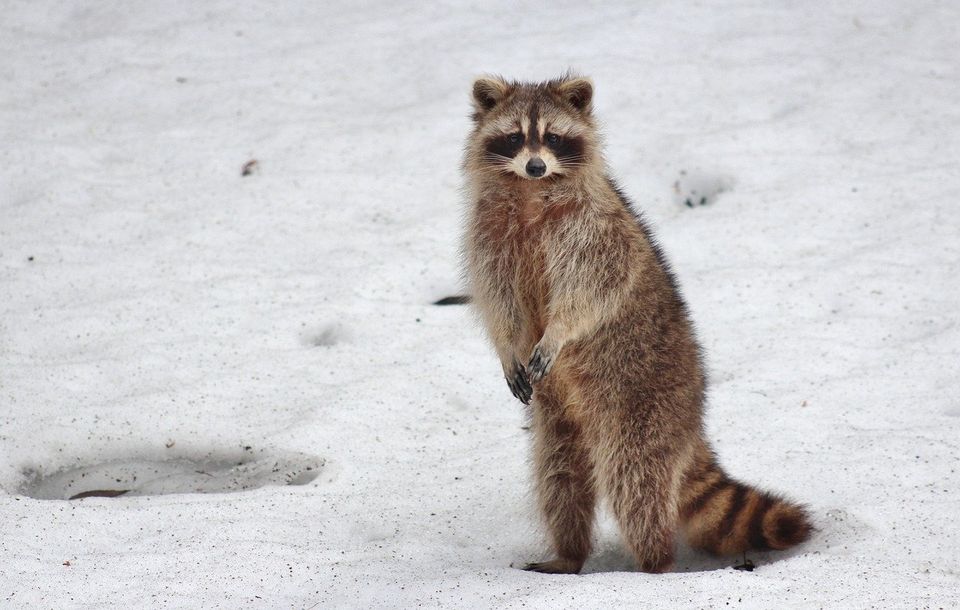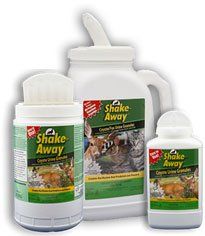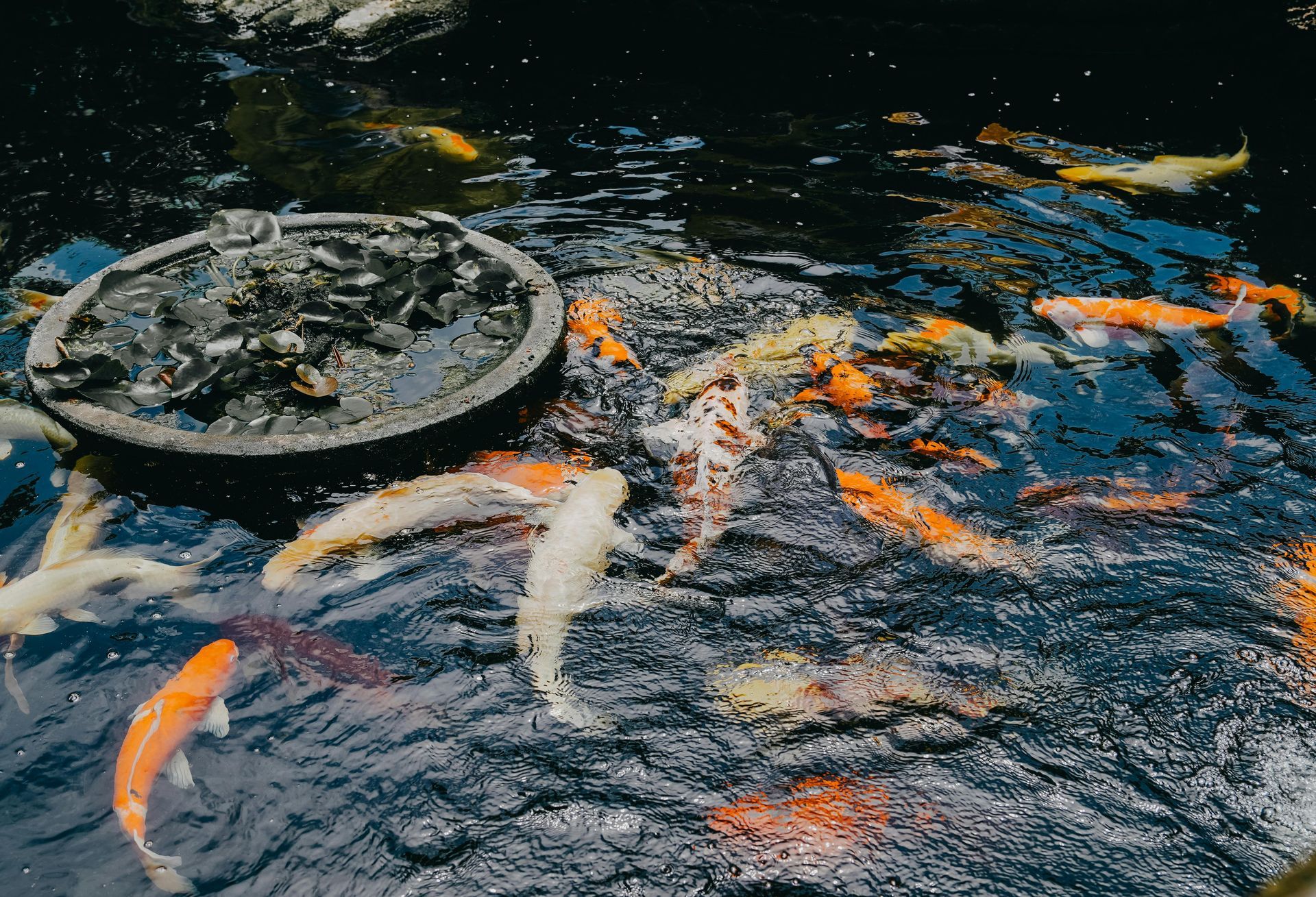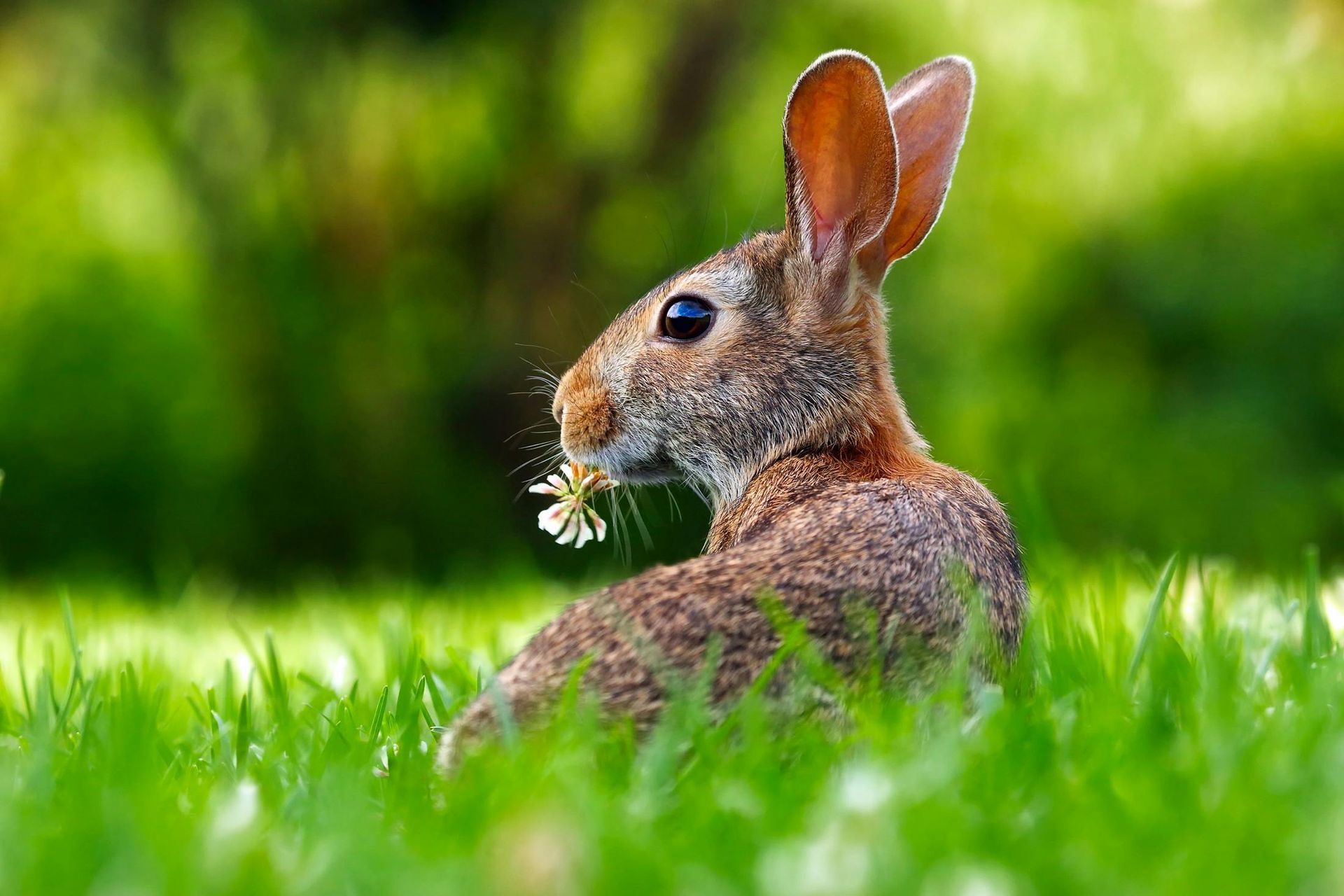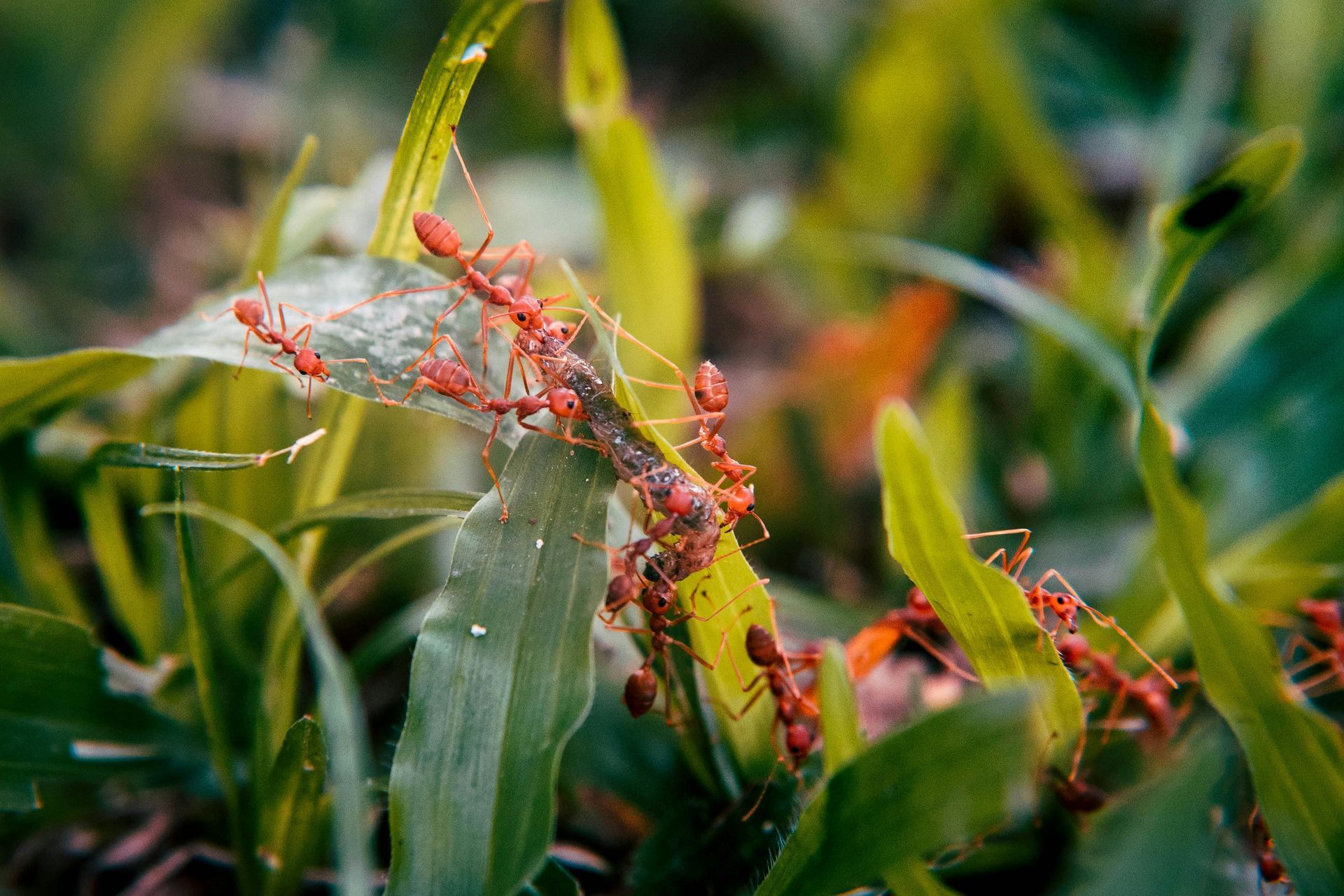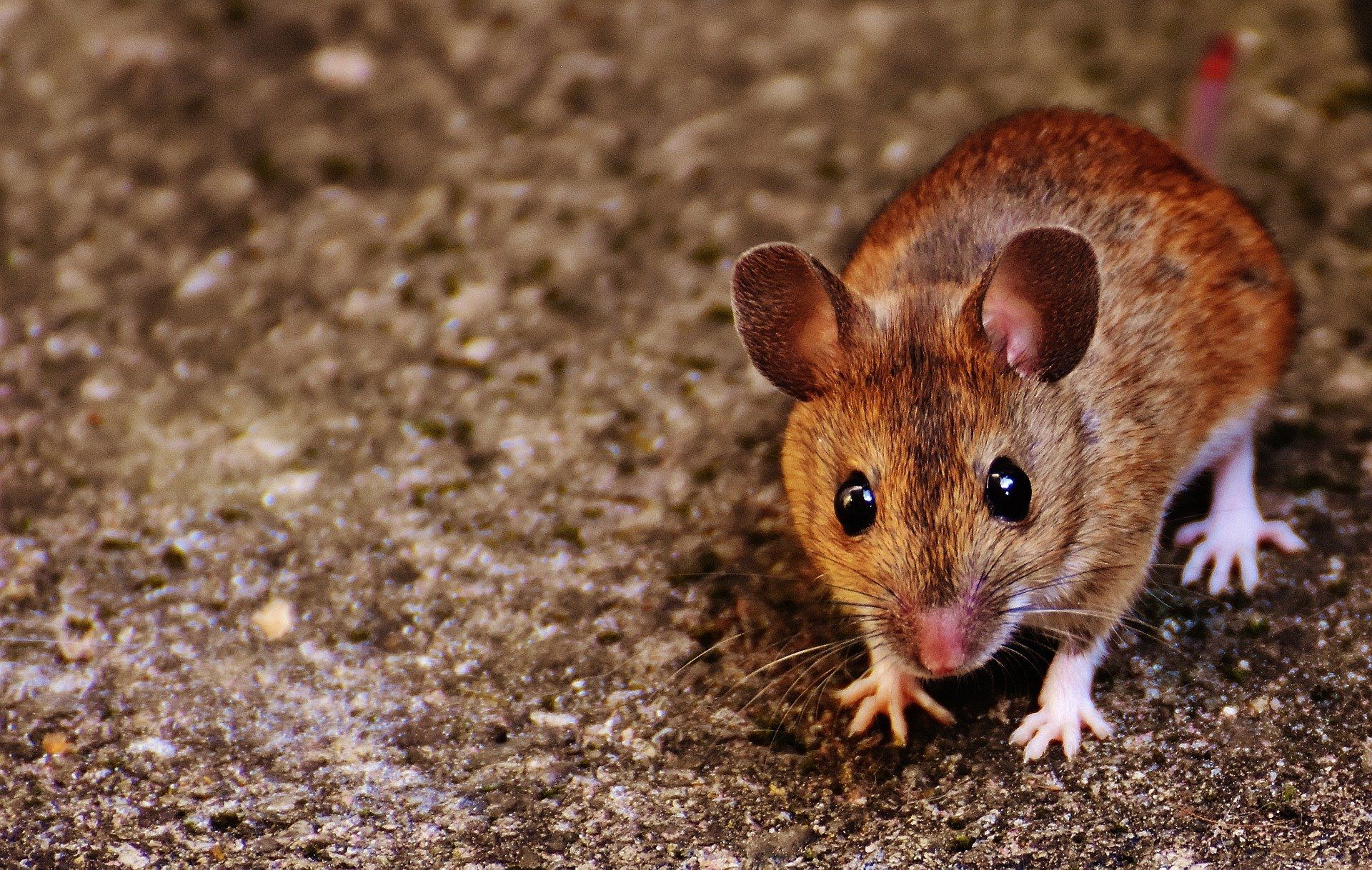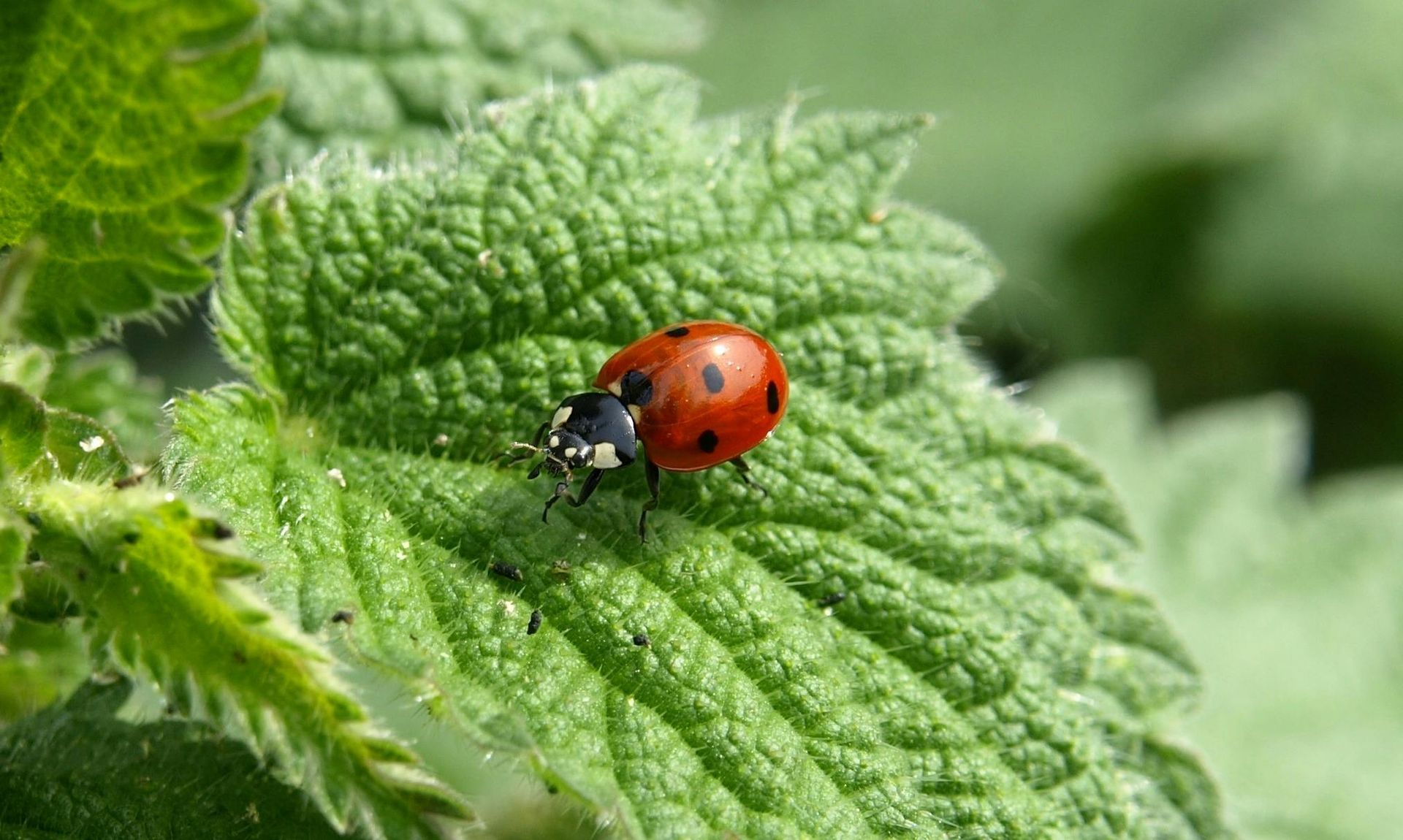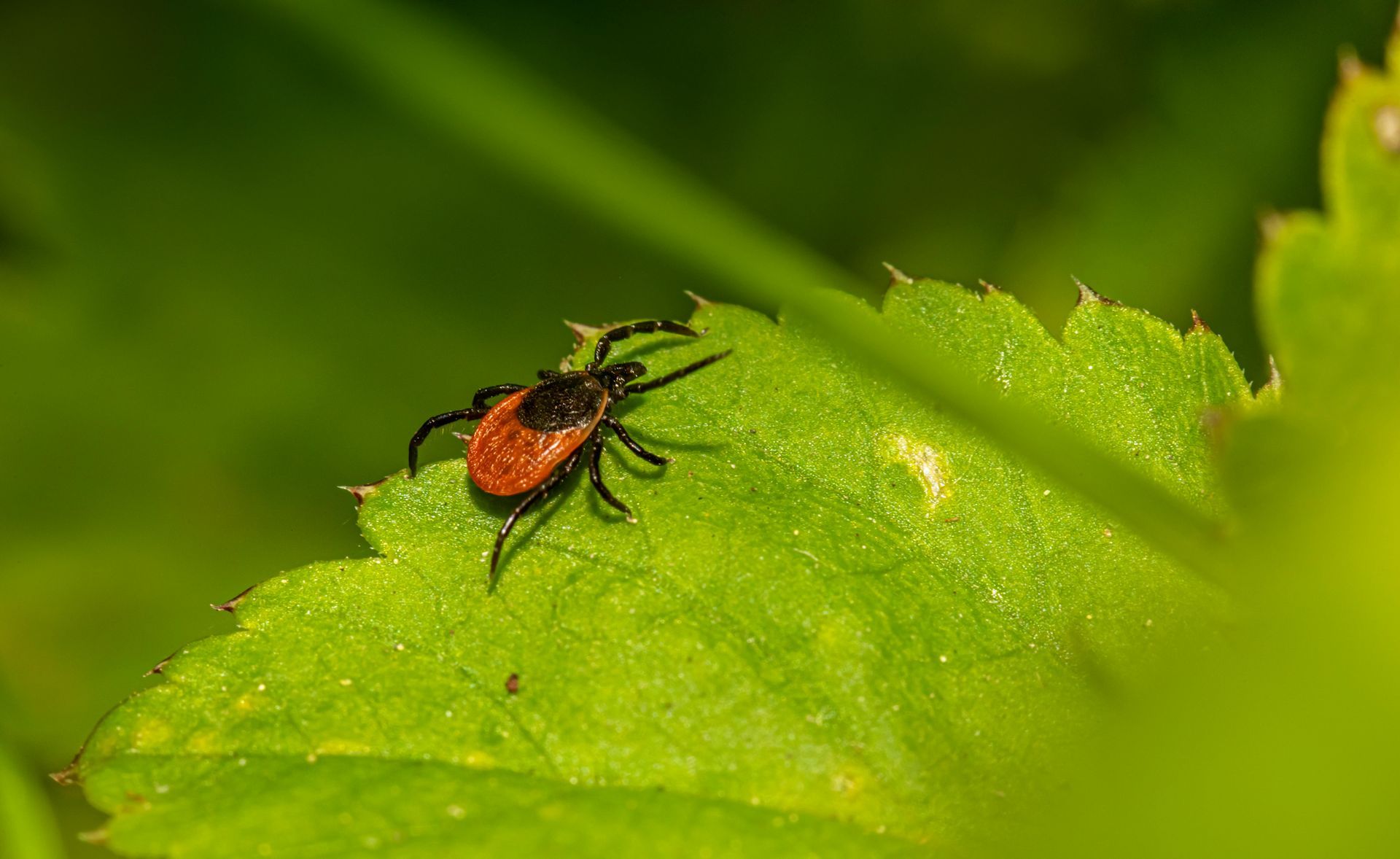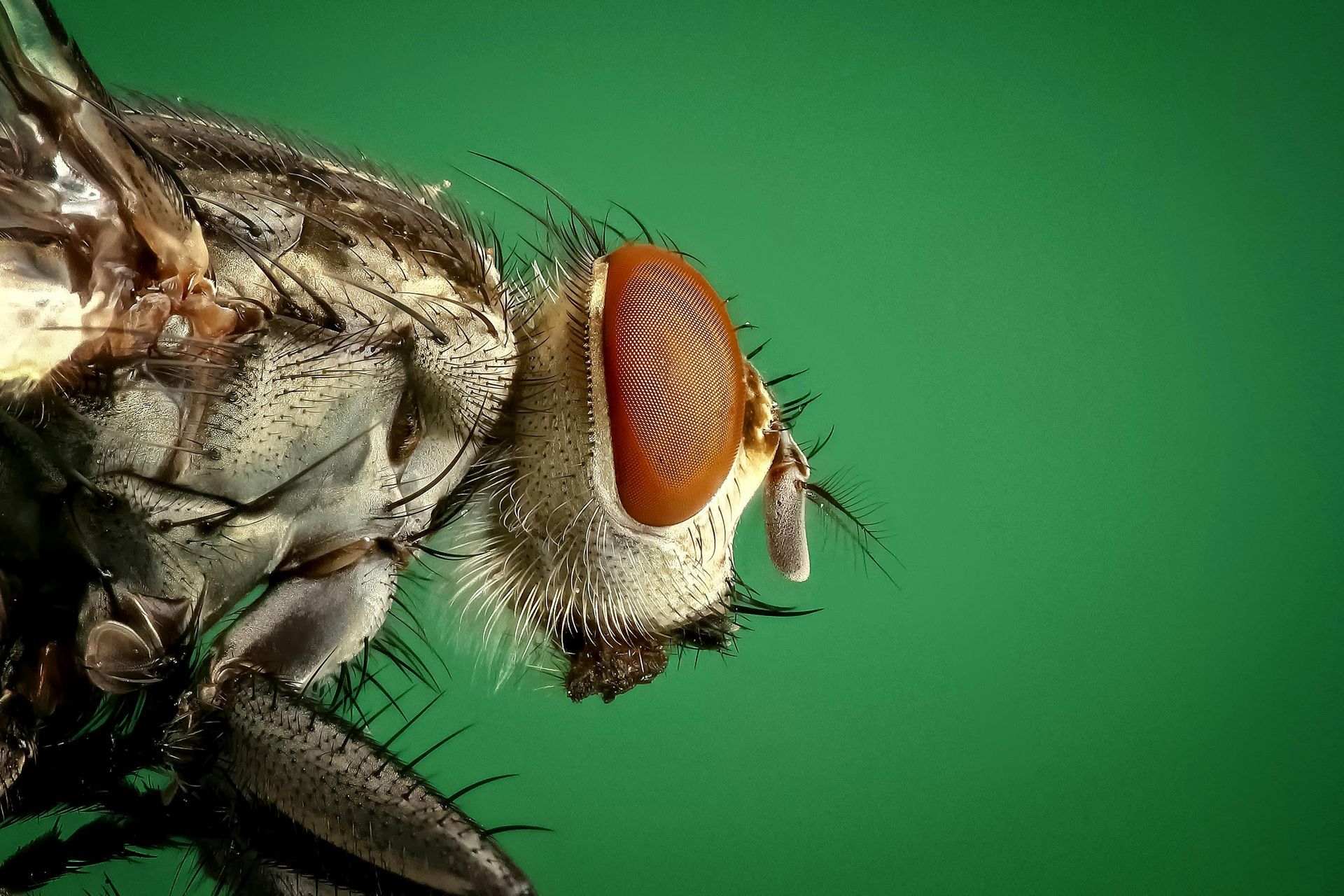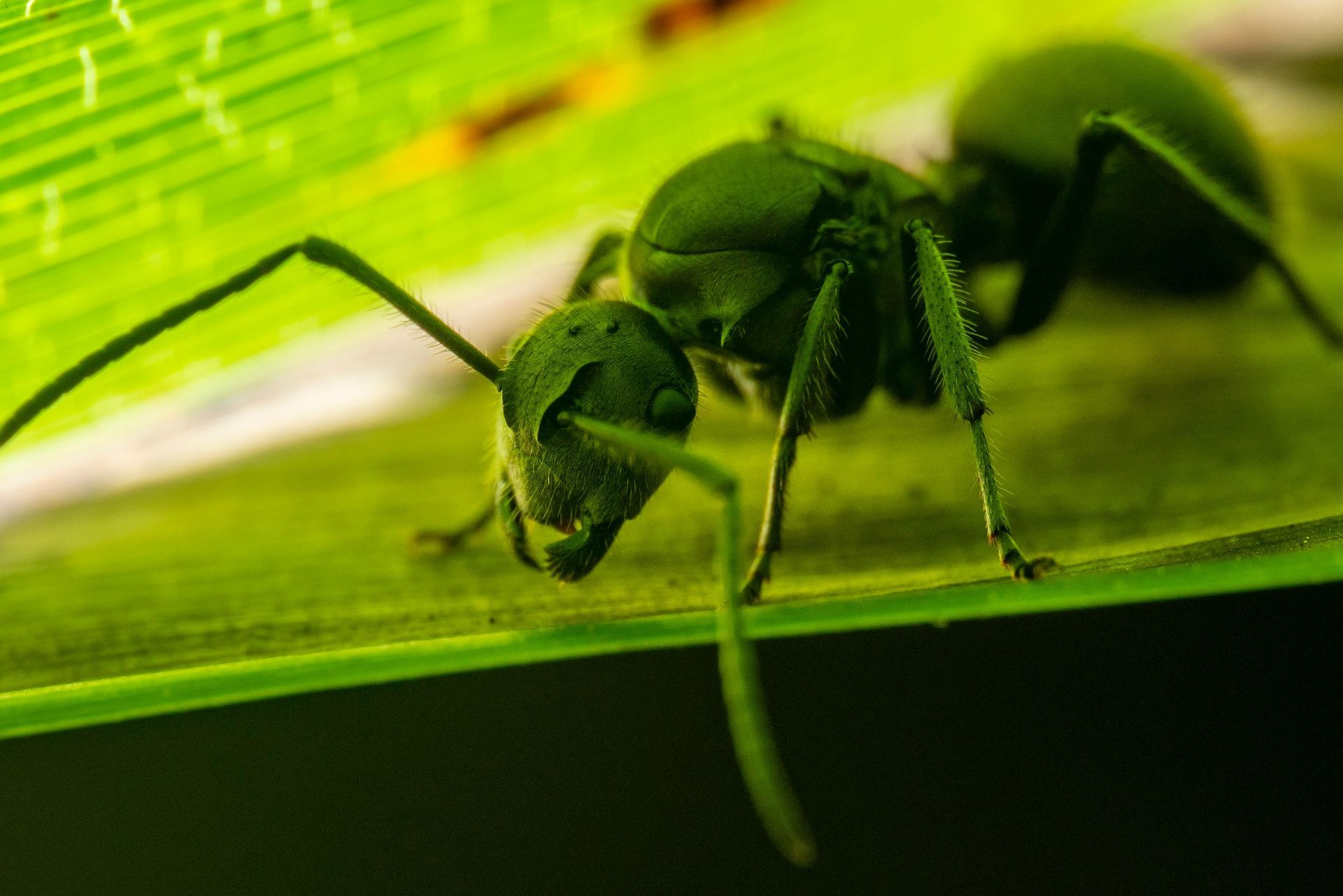Raccoon Behavior - Its Impact on Humans During Winter
They Don't Hibernate So Be on the Lookout!
Make no mistake, raccoons in winter can be just as much of a hassle as raccoons during any other season. As the weather is getting colder, you should be aware of what problems you might have in the winter with raccoons.
How Active Are Raccoon in the Winter?
First of all, you need to know that raccoons don't really hibernate. You can expect to see them out and about on occasion. They do sleep a lot more than in the warmer months, sometimes for weeks at a time. So it won't be an ongoing battle for you until spring.
The sleeping habit does mean that raccoons are more of a household pest in the late fall, as they spend more time looking for food as well as a secure place to den for the winter. That's the time you need to be on the lookout and to mount scented repellents to make sure they do not find a home in your attic or garage.
When they do rouse from their naps, this is what you can expect to happen if they are around your house.
They are Looking for Food
This is the primary problem with a raccoons in the winter. Food supplies are scarce, and having slept for days or weeks can leave an animal very hungry and a little desperate for something to eat. They can break apart small bird feeders as they try to get the seeds out, and will certainly get lids off of garbage bins if they are not secured down. A tightly fitting lid is probably not going to be enough. During the winter, you should have one with proper latches or tie-downs to keep raccoons out.
You should also avoid leaving pet food outside if you can. For outdoor pets, try to feed them at a specific time so the food is not just sitting out unattended through the day or night.
Even if there is no food around, you can still end up with damage from raccoon activity because they are still rooting around looking for something to eat. Be prepared to protect against these pests either way.
Signs of Raccoons in Winter
Other than just spotting them for yourself, you can tell you have raccoons on your property by their tracks. Both front and back paws have distinct fingers and their tracks look like tiny human hands, and definitely unique compared to any other animal you might have wandering around in your winter yard.
If you don't notice any tracks, their droppings would be the next big clue. Similar in shape somewhat to cat droppings, they are usually larger and in larger amounts.
Raccoon Damage Prevention
As already mentioned, don't have any unsecured food outside so you don't specifically draw raccoons to your yard. Other than that, you should also do any outside repairs or patch up any holes that might prompt a curious raccoon to investigate further. Their curiosity can sometimes be a bigger drive than hunger, even in the winter. Places where they may intrude should be protected with a raccoon repellent , preferably one that will last through the cold and wet winter weather.
Critter Repellent All Natural Animal Repellent Blog
